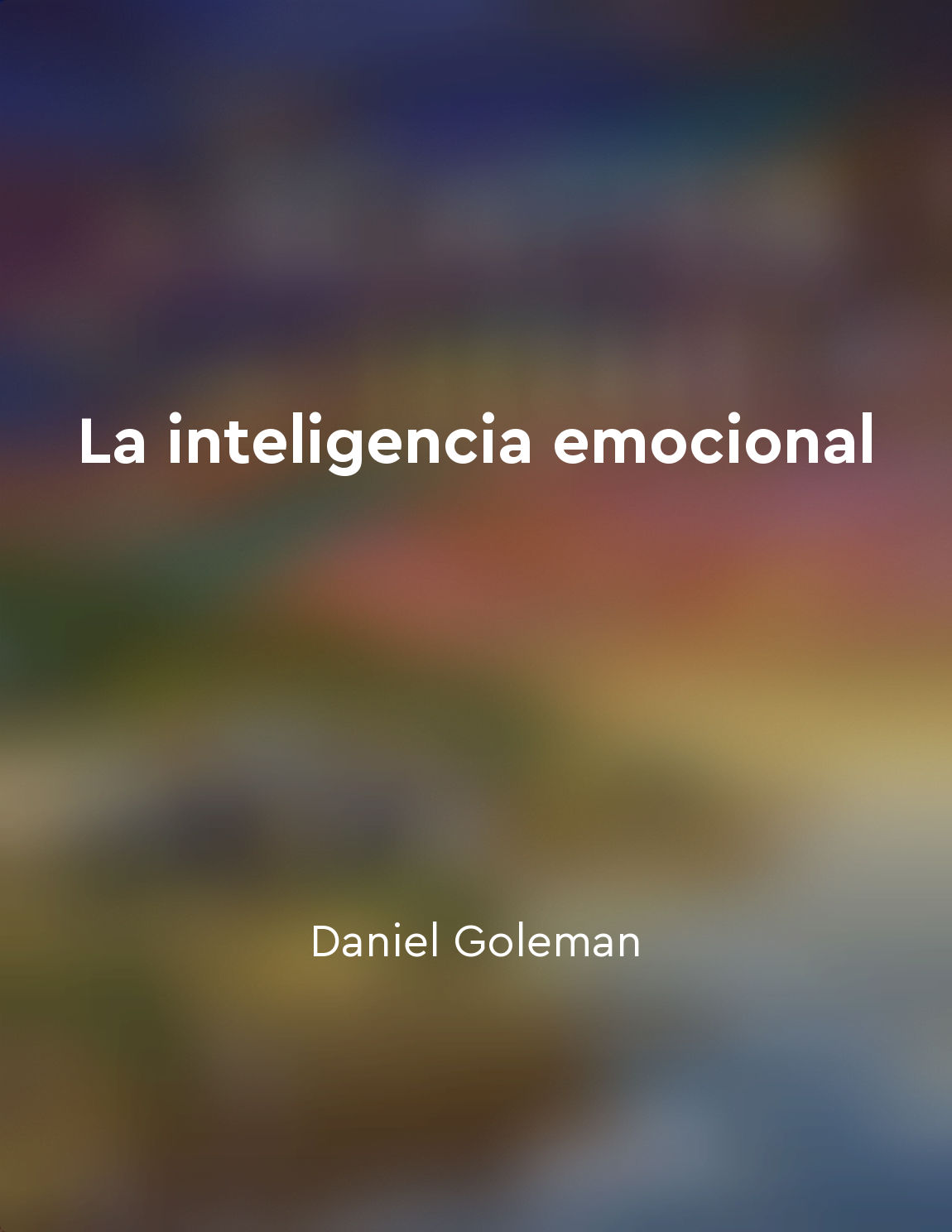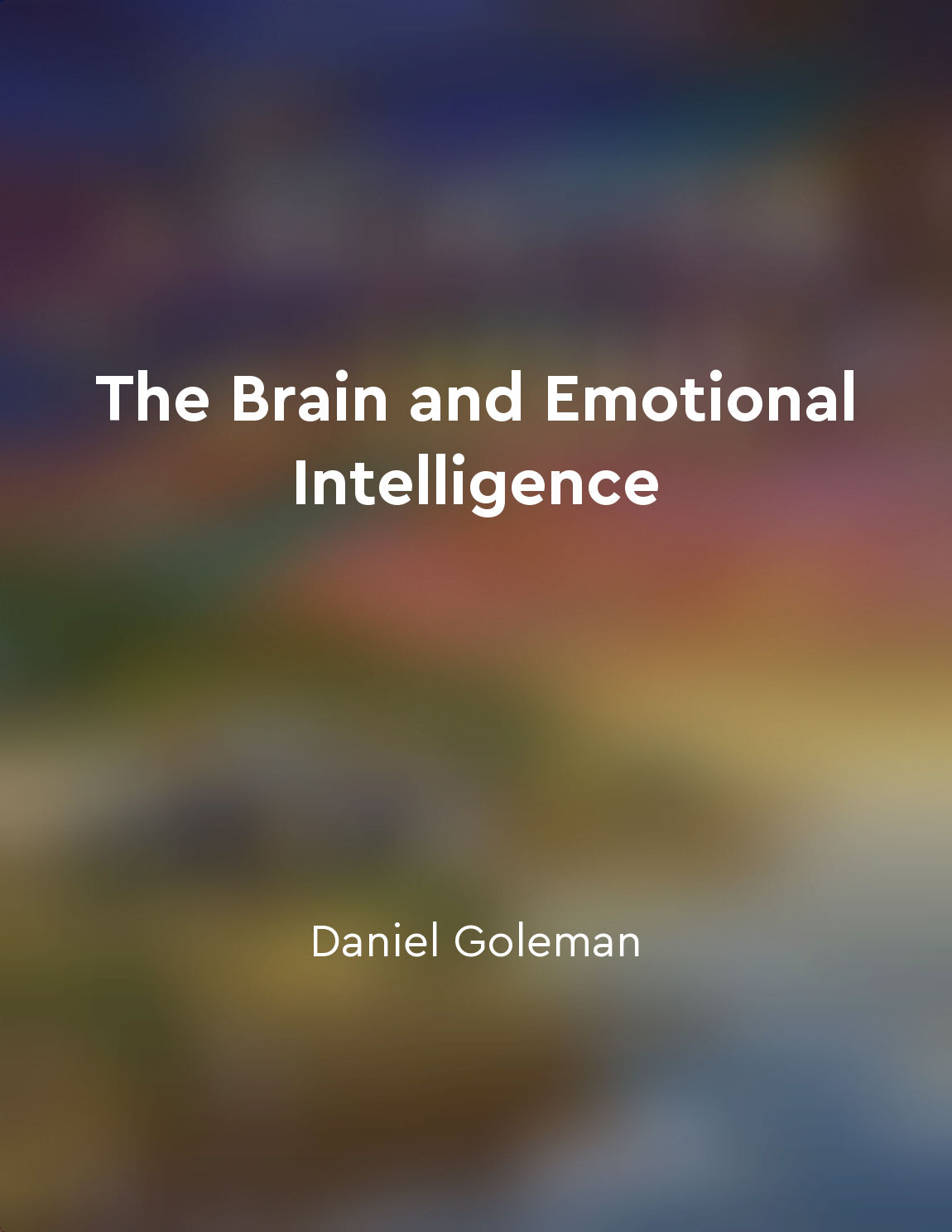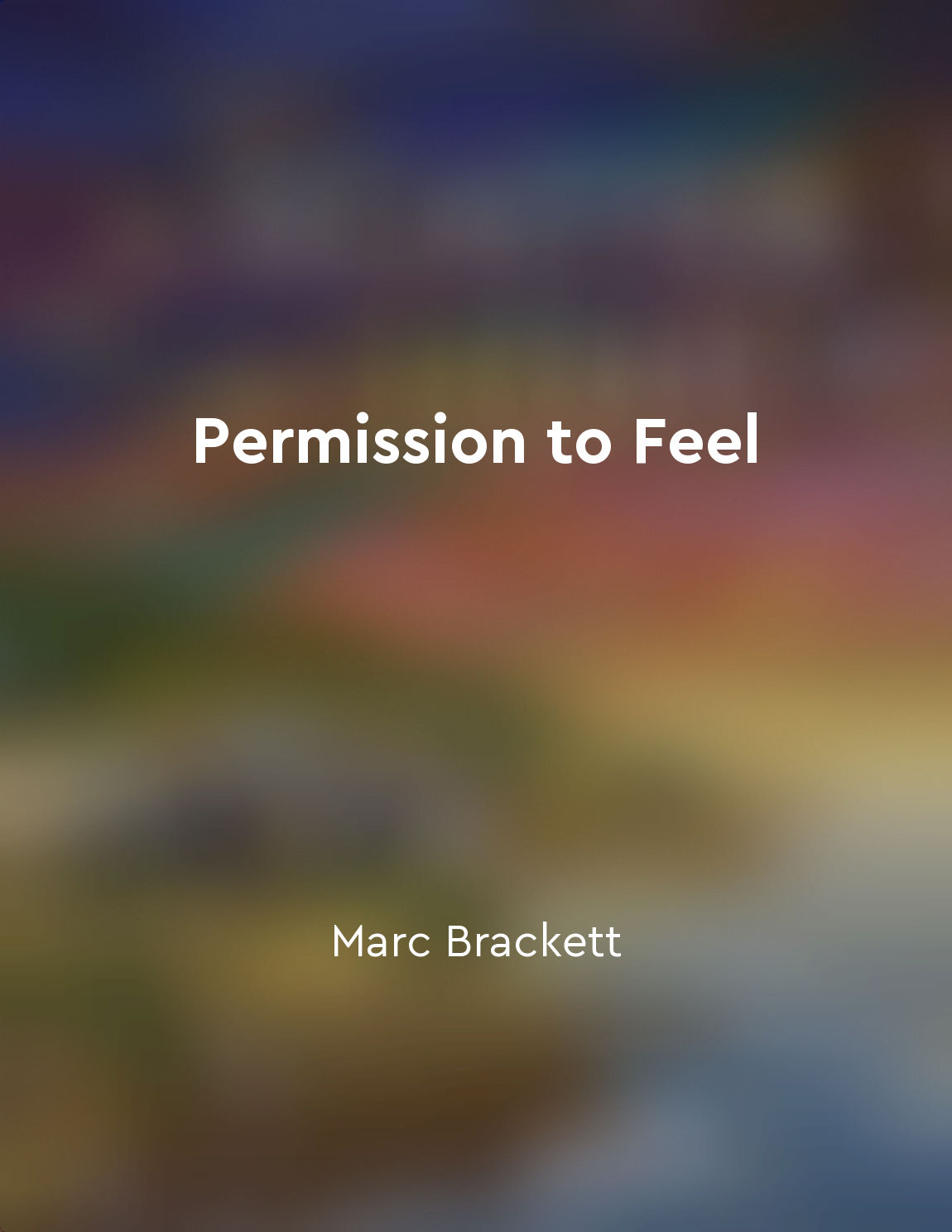Audio available in app
Recognizing emotions leads to better selfcontrol and resilience from "summary" of Emotional Intelligence by Judy Dyer
Being able to recognize and understand our emotions is a vital skill that can have a significant impact on our ability to regulate our reactions and build resilience in the face of challenges. When we are able to accurately identify what we are feeling, we are better equipped to manage those emotions in a healthy and constructive manner. By being in tune with our emotions, we can develop a greater sense of self-awareness that allows us to recognize when we are starting to feel overwhelmed or stressed. This awareness gives us the opportunity to take a step back, assess the situation, and choose how to respond in a way that aligns with our values and goals. Furthermore, the ability to recognize emotions not only helps us regulate our own behavior but also enhances our capacity to understand and empathize with others. When we can accurately identify the emotions of those around us, we are better able to connect with them on a deeper level and respond in a more compassionate and supportive way. In addition, recognizing emotions can help us develop greater self-control by allowing us to pause and reflect before reacting impulsively. This pause gives us the opportunity to consider the potential consequences of our actions and choose a response that is more likely to lead to a positive outcome.- The skill of recognizing emotions is a powerful tool that can help us navigate life's challenges with greater ease and grace. By honing this skill, we can build resilience, strengthen our relationships, and cultivate a greater sense of well-being and fulfillment in our lives.
Similar Posts
Communication is a continuous process
Communication is a continuous process, unfolding over time. It is not a one-time event, but rather an ongoing exchange of ideas...

Empathy helps us understand and support others
Empathy enables us to grasp the feelings and perspectives of others. It allows us to put ourselves in someone else's shoes and ...

Practicing emotional intelligence can lead to greater personal and professional success
Emotional intelligence plays a crucial role in our personal and professional lives. It involves the ability to recognize, under...
Emotional intelligence helps in building strong relationships
In the realm of emotional intelligence, the ability to cultivate strong relationships is a key component. This skill is not abo...
Seeking support from others is a sign of strength, not weakness
In our society, there is a common misconception that asking for help is a sign of weakness. Many people believe that needing su...
Environmental quality impacts happiness
Derek Bok explores the intricate relationship between environmental quality and happiness. The environment we live in has a pro...

Emotional intelligence is a key skill for navigating life's challenges
Emotional intelligence, the ability to recognize, understand, label, express, and regulate emotions, is a critical skill for su...
Emotions play a critical role in decisionmaking and problem-solving
Emotions are not just about how we feel; they also play a crucial role in our ability to make decisions and solve problems. Whe...
Leveraging emotional intelligence leads to higher levels of team performance
Leveraging emotional intelligence within a team can significantly enhance overall performance. When team members are able to un...
Trauma can have lasting effects on learning behavior
The impact of trauma on learning behavior is a crucial concept that cannot be overlooked. When a person experiences trauma, it ...

